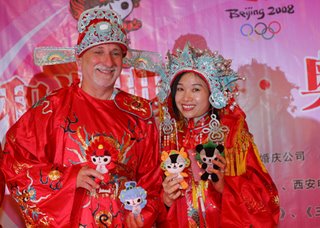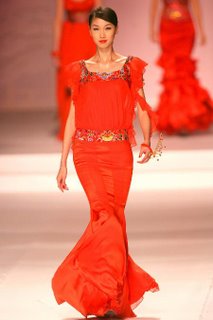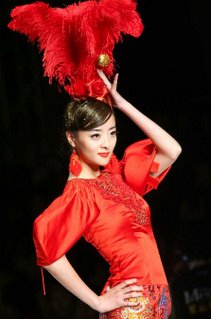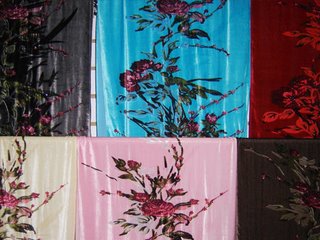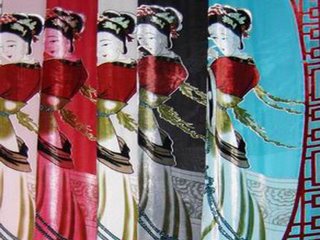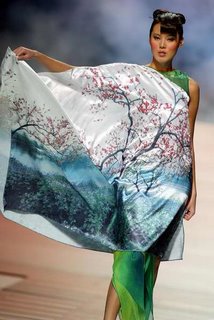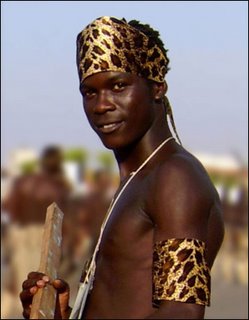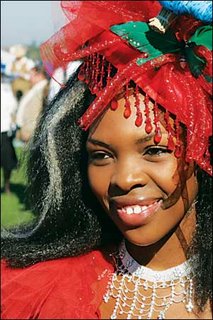Bloggers must soon give real names
Hu Qiheng, chairman of the board of directors of the ISC, was reported to have said on Tuesday at Info China 2006 in Beijing that China is making attempts to strike a balance between individual privacy and public interests.
"The past understanding of privacy is too absolute. Not only China, but also the whole world, should realize the necessity of balancing individual privacy and public and national interests," he said.
A new system is likely to be adopted, requiring Chinese netizens to submit information like real names and ID card numbers when they register a blog or a BBS (Bulletin Board Service) account.
Netizens will be able to continue choosing their own online name, and as long as they do not violate laws their personal information will remain private and safe.
The first area for real name application will be blogs, a popular form of internet-based diary.
Blogs have been used by some people to infringe upon other people's privacy and rights.
For example an infamous TV host had thousands of netizens visit her blog just because she wrote an article about a well-known TV anchor's marriage history, which included some allegedly false information.
As a blogger's real name is unknown, it is very difficult to safeguard privacy and rights.
The society, affiliated to the Ministry of Information Industry, was entrusted by the ministry to form a blog research panel to provide solutions for the development of China's blog industry.
The real name system is said to be able to protect law-abiding netizens' privacy.
Yang Junzuo, secretary-general of ISC's self-discipline working commission, was quoted by Beijing-based China Times a month ago saying that the real name system is the solution.
"Free speech on the Internet does not include talking nonsense and not taking responsibility. Bad symptoms will be curbed," he was quoted as saying.
However, not many netizens support the system.
An online poll at sohu.com yesterday showed that only one quarter of surveyed netizens agreed that the system would crack down on online crimes while not interfering with internet use.
More than 70 per cent of people were against it, believing it was "absurd" to enforce a real name system just because of a minority of people who committed online crimes.
Xinhua News Agency reported that Hu stressed at the meeting that the society would adopt multiple ways to improve the Internet environment.
Hu was quoted as saying that the direct purpose of improving the Internet environment is to enable the young generation to grow up in an Internet-friendly environment like youth in developed countries.






